Principal Investigators
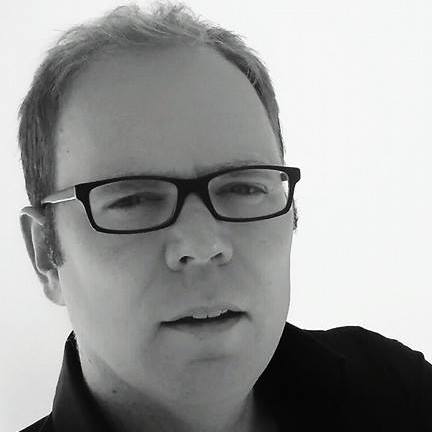
Willem Zuidema is associate professor of computational linguistics and cognitive science at ILLC (UvA), with a long term interest in the neural basis of language. Because of that cognitive interest, was early contributor to deep learning in NLP, with work on neural parsing published as early as 2008 (Borensztajn & Zuidema, 2008, CogSci), and pioneering contributions on tree-shaped neural networks, including the TreeLSTM (Le & Zuidema (2015) , *SEM; published concurrently with groups from Stanford and Montreal). In 2016 he and his students introduced Diagnostic Classification (Veldhoen, Hupkes, & Zuidema, 2016; Hupkes, Veldhoen, & Zuidema, 2018; Giulianelli, Harding, Mohnert, Hupkes, & Zuidema, 2018) , one of the key interpretability techniques. He further performed research on the integration of formal logic and deep learning (Veldhoen & Zuidema, 2017; Repplinger, Beinborn, & Zuidema, 2018; Mul & Zuidema, 2019) . Other directly relevant work focuses on other interpretability techniques including Representational Similarity Analysis (Abnar, Beinborn, Choenni, & Zuidema, 2019) and contextual decomposition (Jumelet et al., 2019).
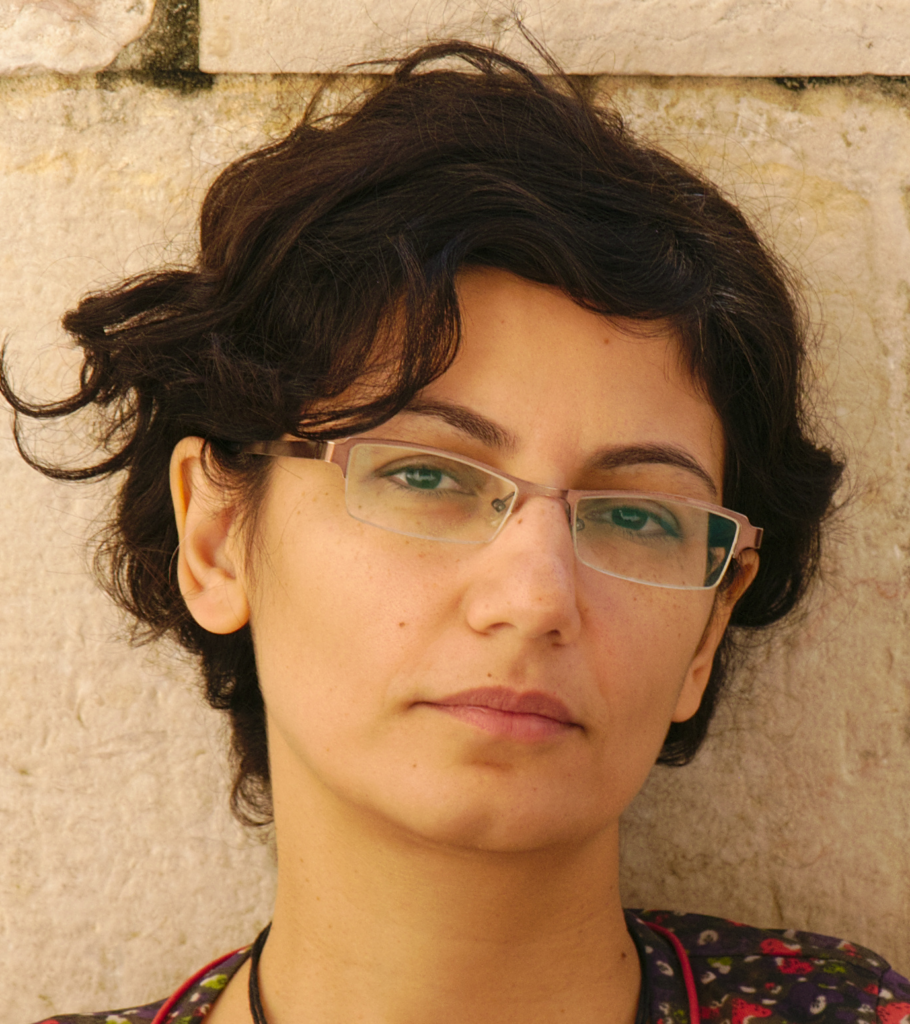
Afra Alishahi is an Associate Professor of Cognitive Science and Artificial Intelligence at Tilburg University. Her main research interests are developing computational models for studying the process of human language acquisition, studying the emergence of linguistic structure in grounded models of language learning, and developing tools and techniques for analyzing linguistic representations in neural models of language. She has received a number of research grants including an NWO Aspasia, an NWO Natural Artificial Intelligence and an e-Science Center/NWO grant. She is the co-organizer of the BlackboxNLP 2018 workshop, the first official venue dedicated to analyzing and interpreting neural networks for NLP. She has a number of well-received publications on the topic of interpretability of neural network models of language, including the recipient of the best paper award at the Conference on Computational Language Learning (CoNLL) in 2017.

Grzegorz Chrupała is an associate professor at the Department of Cognitive Science and Artificial Intelligence at Tilburg University. His research focuses on computational models of language learning from multimodal signals such as speech and vision and on the analysis and interpretability of representations emerging in deep neural networks. He co-organized the first three editions of BlackboxNLP, the Workshop on Analyzing and Interpreting Neural Networks for NLP. Together with Afra Alishahi and students, he did some of the pioneering research on analyzing deep learning methods for visually grounded language (Kádár, Chrupała, & Alishahi, 2017) as well as for speech (Alishahi, Barking, & Chrupała, 2017) . His other recent work in the area of analysis and interpretation include (Chrupała & Alishahi, 2019) introducing analytical methods based on Representational Similarity Analysis and Tree Kernels, and (Chrupała, Higy, & Alishahi, 2020) featuring a detailed comparison of several analytical techniques applied to spoken language systems.
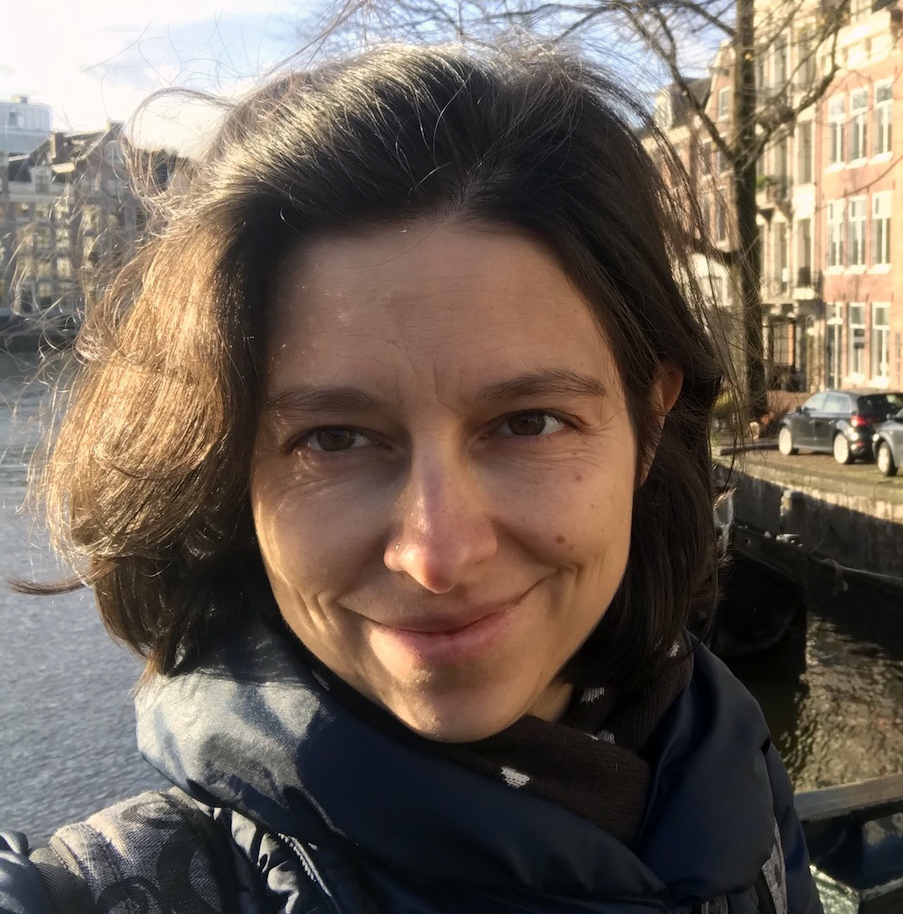
Arianna Bisazza is associate professor at the Center for Language and Cognition (CLCG) of the University of Groningen. Her research aims at identifying intrinsic limitations of current language modeling paradigms, and to design robust NLP algorithms that can adapt to a diverse range of linguistic phenomena observed among the world’s languages. She has a long track record of contributions to machine translation for challenging language pairs (Bisazza & Federico, 2012; Tran, Bisazza, & Monz, 2014; Fadaee, Bisazza, & Monz, 2017) . Together with colleagues at the University of Amsterdam, she proposed one of the first modifications to neural language models aimed at improving their interpretability (Tran, Bisazza, & Monz, 2016). Other contributions to NLP interpretability include analyses of MT outputs (Bentivogli et al., 2018; Sarti et al. 2022), probing tasks for neural language models (Tran, Bisazza, & Monz, 2018; Bisazza & Tump, 2018), and open-source feature attribution libraries (Sarti et al. 2023).
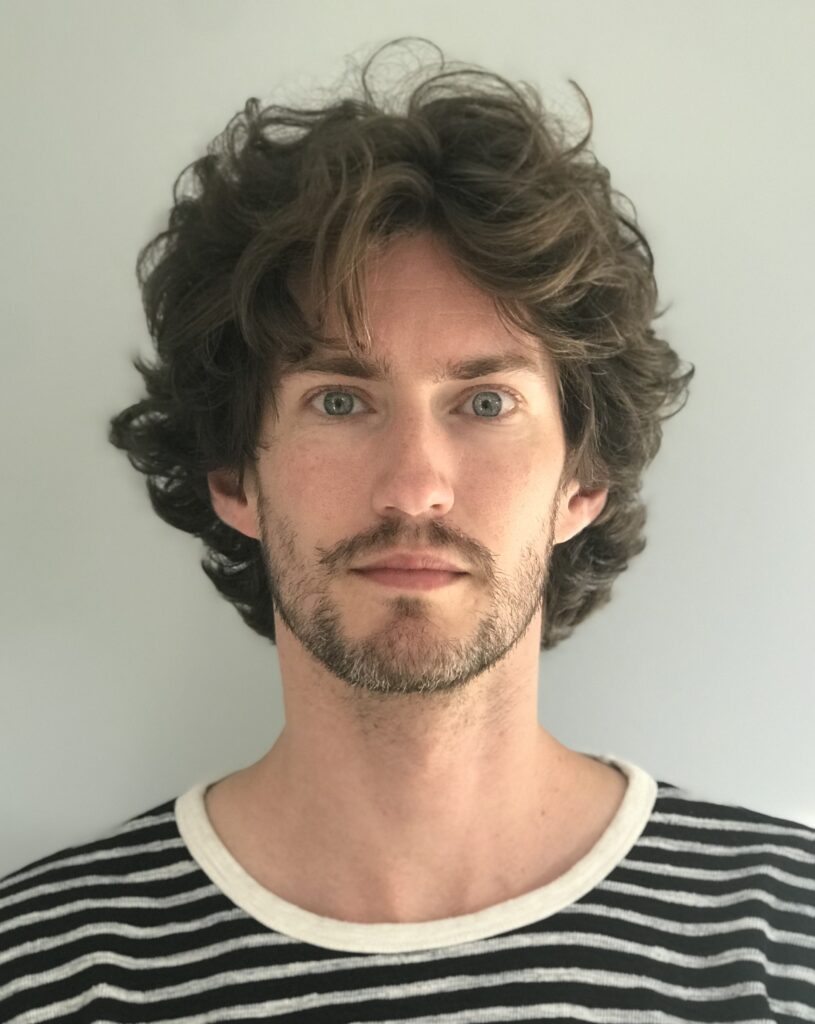
Tom Lentz is an assistant professor in computational phonology and cognitive science at the ILLC of the UvA. He works on the detection of prosodic structure in speech, including automatic classification of pitch contours as gathered in controlled experiments. He has recently obtained an interdisciplinary research grant for a project on the detection of irony in spoken speech (funding for one PhD student). Relevant other experience is an investigation on the individual variation in the use of prosody to mark focus (Lentz & Chen, 2015).
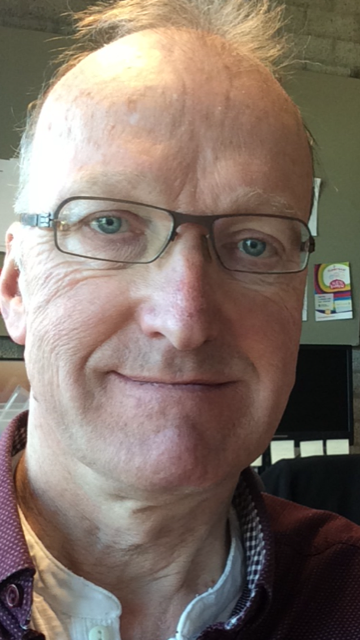
Louis ten Bosch (RU, Nijmegen) has expertise in automatic speech recognition, computational modelling of cognitive processes, speech decoding techniques using phonological features, and structure discovery methods. He is one of the coorganizers of the successful DNN interpretation session “what we learn from DNNs” that took place in 2018 at the language and speech technology conference Interspeech in Hyderabad, India. One of the recent advances in understanding artificial networks is achieved by relating the mathematical layer-to-layer transformations in a network to the more structural description of datasets as shown by linear mixed effect models and by Generalized Additive Models. More recently, in collaboration with Mirjam Ernestus, he is involved in computational models of human spoken word comprehension, a number of abstract-versus-exemplar studies in psycholinguistics, and (with Ton Dijkstra) in computational modelling of online sentence processing of idiomatic expressions.
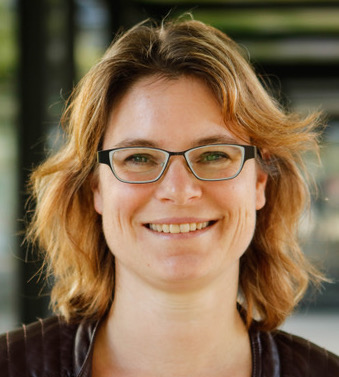
Iris Hendrickx (RU, Nijmegen) is a researcher in computational linguistics and digital humanities with a focus on the areas of machine learning, lexical and relational semantics, natural language processing, techniques for document understanding and text mining. She provides expertise to the network on creating text data enriched with human annotation for training such models, and on applying and evaluating these models and augmenting them with domain expert knowledge.
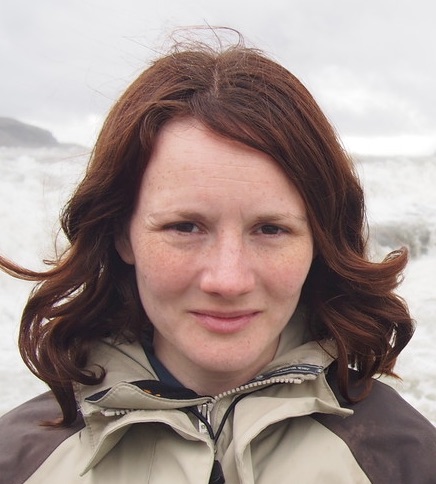
Antske Fokkens is a professor in computational linguistics at the Vrije Universiteit. Her main expertise lie in methodological questions in computational linguistics and, in particular, the importance of understanding the implications of chosen technologies, training data and features when applying computational language models in interdisciplinary contexts. In her research she has (among others) pointed out fundamental problems with reproducibility (Fokkens et al., 2013) as well as the need for deeper analysis of the accuracy of our tools (Le & Fokkens, 2017; Fokkens et al., 2017). She collaborates extensively with researchers in the humanities and social sciences, as can be seen in multiple joint publications, grants and events and is a member of the Computational Communication Science lab Amsterdam. She is a recognized international expert and has obtained multiple research grants, including a VENI grant in 2015 and co-applicantship of an NWO Vrije Competitie grant, as well as project funding from societal partners.
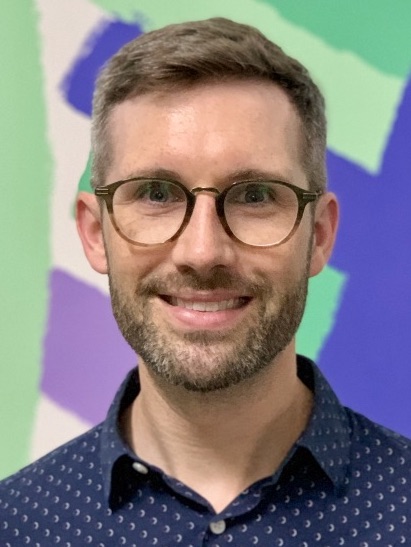
John Ashley Burgoyne is the Lecturer in Computational Musicology at the University of Amsterdam and researcher in the Music Cognition Group at the Institute for Logic, Language, and Computation. Cross-appointed in Musicology and Artificial Intelligence, he is interested in understanding musical behaviour at the audio level, using large-scale experiments and audio corpora. His McGill–Billboard corpus of time-aligned chord and structure transcriptions has served as a backbone for audio chord estimation techniques. His Hooked on Music project reached hundreds of thousands of participants in almost every country on Earth while collecting data to understand long-term musical memory.
Postdoc
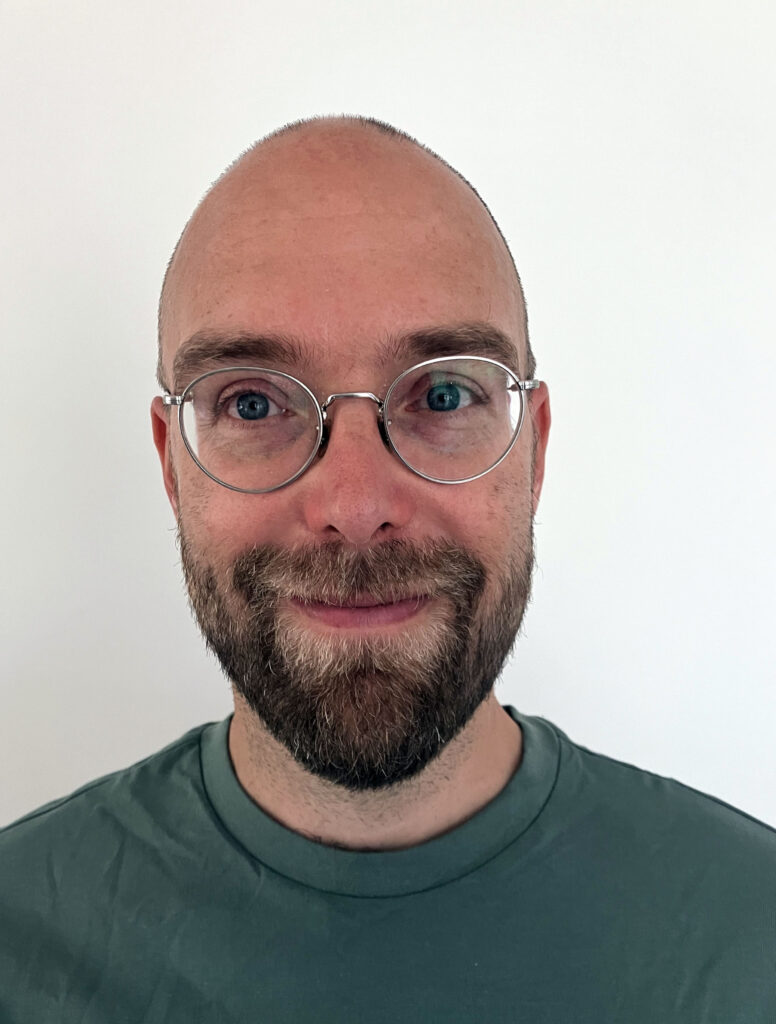
Martijn Bentum is a postdoc at the Radboud and Tilburg University, working together with Tom Lentz and Louis ten Bosch on the project entitled “Discovering Structure in Speech”. During this project they will investigate end-to-end speech recognition models and use linguistic and psycholinguistic theory to probe these models. Martijn did his PhD at the Radboud University Nijmegen under supervision of Mirjam Ernestus, Louis ten Bosch and Antal van den Bosch. He investigated the role of predictability in human speech perception by combining psycholinguistic, neurolinguistics and computational linguistics to show that listeners anticipate words and speech sounds while listening to natural speech.